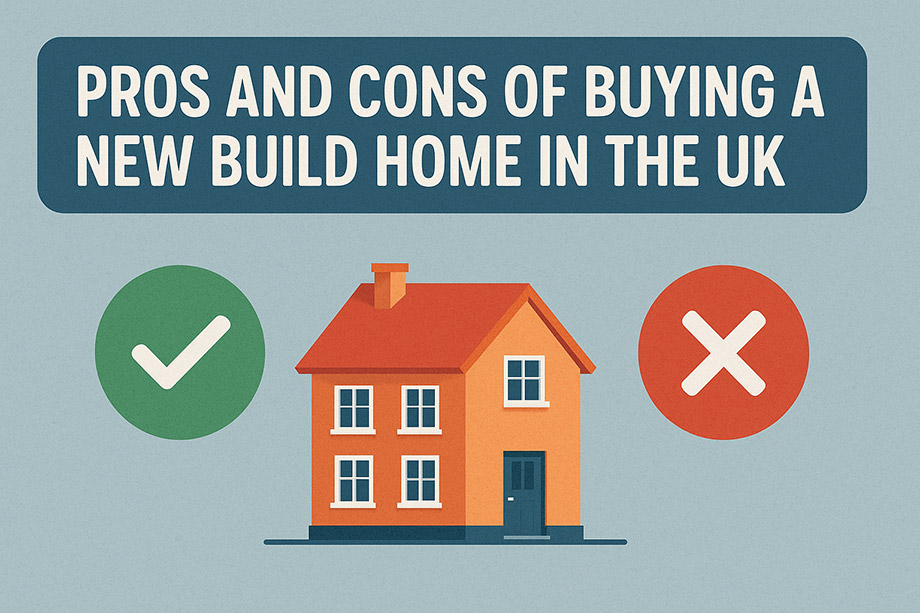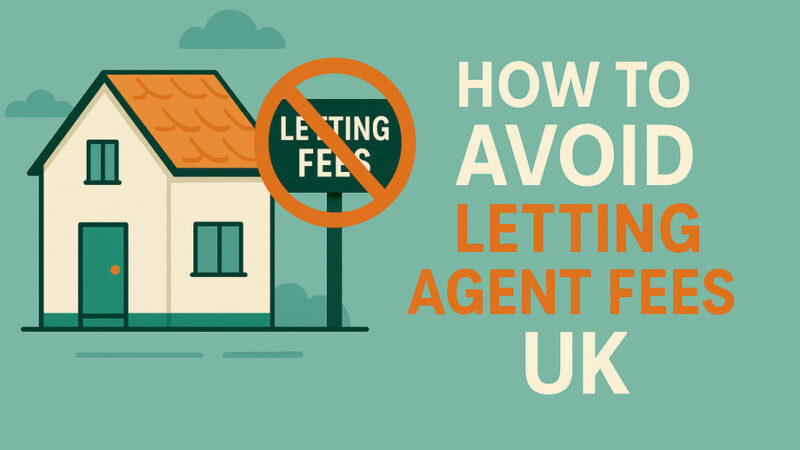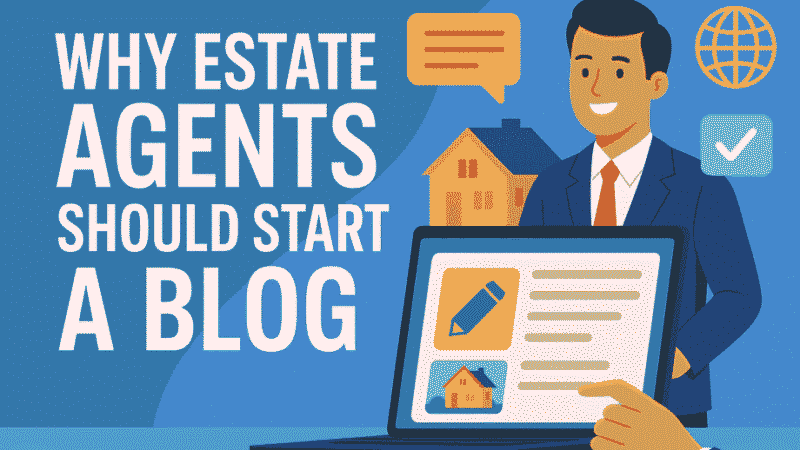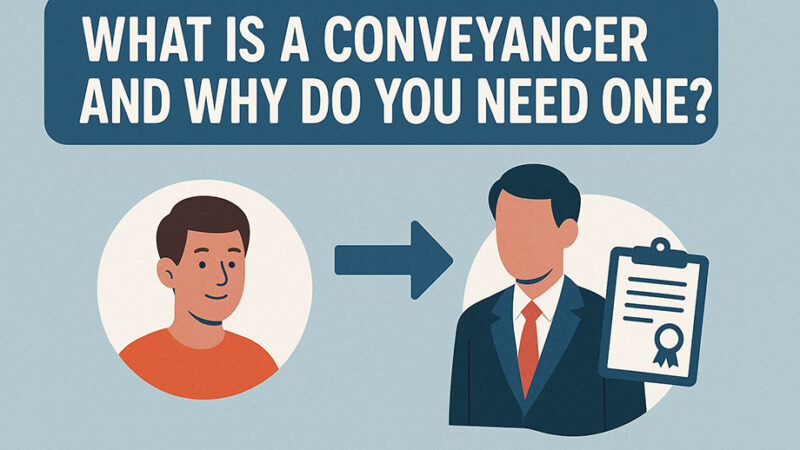Pros and Cons of Buying a New Build Home in the UK

Buying a new build home in the UK has become an increasingly popular choice for many buyers, from first-timers to families looking for modern living spaces. New builds offer the allure of fresh interiors, modern features, and fewer maintenance worries, but they aren’t without their drawbacks. Whether you’re considering a brand-new flat in a bustling city or a newly constructed house in the suburbs, it’s essential to weigh the advantages and disadvantages before committing.
In this comprehensive guide, we’ll explore the pros and cons of buying a new build home in the UK to help you make an informed decision.
Table of Contents
What Is a New Build Home?
A new build home refers to a property that has been recently constructed and has not been lived in before. These homes typically come directly from developers or housing associations and often include the latest building standards, design trends, and energy efficiency measures.
Pros of Buying a New Build Home
1. Modern Design and Layout
New build homes usually feature contemporary layouts designed for modern living, such as open-plan kitchens and living areas, larger windows for natural light, and integrated technology. These homes often accommodate current lifestyle needs better than many older properties.
2. Energy Efficiency and Lower Bills
New builds are constructed under strict building regulations focusing on energy efficiency. They often come with double or triple glazing, high-quality insulation, efficient heating systems, and sometimes renewable energy sources like solar panels. This results in lower utility bills compared to older homes.
3. Fewer Repairs and Maintenance
Because everything is brand new, you won’t have to worry about immediate repairs or replacements. Plumbing, wiring, appliances, and structural elements should all be in top condition, saving you time and money on maintenance during the first few years.
4. Warranty and Guarantees
Most new build homes come with a warranty, commonly the NHBC (National House Building Council) 10-year warranty or a similar guarantee. This provides protection against structural defects and major issues, giving buyers peace of mind.
5. Customisation Opportunities
Buying off-plan or early in the development process often allows buyers to choose fixtures, fittings, and sometimes layout options, helping you tailor your home to your tastes.
6. Modern Safety Standards
New builds comply with the latest safety regulations, including fire safety measures, secure windows, smoke alarms, and safe building materials, which might be absent or outdated in older homes.
7. Attractive Incentives
Developers often offer incentives such as help-to-buy schemes, stamp duty contributions, or discounted upgrades, which can make new builds financially appealing.
Cons of Buying a New Build Home
1. Higher Initial Price
New build homes often come with a premium price tag compared to older, comparable properties in the same area. Developers price them higher to cover the cost of new materials, modern features, and warranties.
2. Potential for Delays
If buying off-plan, there is a risk that construction can be delayed due to planning issues, supply chain problems, or labour shortages, which can affect your moving timeline.
3. Limited Character and Unestablished Neighbourhoods
Many new build developments lack the character and charm of older neighbourhoods. Additionally, if the development is new, local amenities like shops, schools, and transport links might still be under construction or less established.
4. Smaller Gardens and Less Space
Developers often prioritise maximising the number of units on a site, which can lead to smaller gardens and less outdoor space compared to older homes in established areas.
5. Snagging Issues
New homes aren’t always perfect straight away. “Snagging” — minor defects or unfinished work — is common, requiring a detailed inspection and follow-up with the developer to fix issues.
6. Restrictions and Covenants
New build homes may come with restrictions such as covenants controlling what you can do to your property, such as restrictions on extensions, fences, or even parking, limiting future changes.
7. Less Negotiation Power
Developers typically have fixed prices and fewer incentives to negotiate than private sellers of older properties, meaning you may have less flexibility on the purchase price.
Tips When Buying a New Build Home
- Research the Developer: Check their track record for quality, completion times, and after-sales service.
- Get a Survey: Even new homes can have defects. Consider a snagging survey to identify issues.
- Understand the Warranty: Know what your warranty covers and how to make claims.
- Check the Estate Plans: Understand the full development timeline and future neighbourhood plans.
- Review Contract Terms: Pay close attention to terms, particularly completion dates and penalties.
- Compare with Older Properties: Consider whether the benefits of a new build outweigh potential downsides compared to older homes nearby.
Conclusion
Buying a new build home in the UK offers many advantages, including modern living standards, energy efficiency, and peace of mind with warranties. However, it’s not without challenges like higher prices, potential delays, and possible lack of character.
Weighing these pros and cons carefully will help you decide if a new build home fits your lifestyle, budget, and long-term plans. When done right, a new build can be a fantastic investment and a comfortable place to call home.
Last Updated on July 23, 2025 by James Cartwright







